Formal medical training is focused on diagnosis, management, and documentation of patient care. It is important to keep in mind that there are also other key fundamentals that can help you immensely in your career as a physician. Colleagues who are not doctors often exemplify many of these valuable professional traits.
Communication
Doctors must learn to relay vital information quickly to expedite patient care. But sometimes, work-related communication requires softer edges.
Non-physician professionals, especially those who have risen to positions of leadership, usually communicate in ways that are polite, effective, clear, and concise.
The language used by non-physicians who are adept at effective communication is often deliberately designed to blend confidence with a non-threatening tone and to steer away from vague statements that could be misunderstood.
If you are a physician interested in eventually reaching a more powerful position in your work, it can pay off to read and reread effective correspondences and to listen carefully to good communicators, noting the approaches that you have found to be most effective or that you admire so these methods can become part of your own communication toolbox.
Accepting Responsibility
Liability is a major part of clinical practice. And professionals who do not provide patient care generally don’t carry this heavy burden over their heads.
The less malicious environment contributes to the fact that non-physician professionals, even within the field of healthcare, are not usually focused on placing blame or vigilantly guarding themselves against blame.
The calmer acceptance of responsibility that is a common part of non-physician professional interactions can be a refreshing relief. Seeking professional interactions that are devoid of defensiveness can help make your day-to-day work as a physician more pleasant.
And absorbing that harmonious attitude is important for situations that can be more effective when carried out with kindness and a gentle touch —like teaching students and residents.
Thinking Broadly
Doctors always have a number one priority—safe and effective patient care. Yet when it comes to things like negotiating a schedule or reimbursement, physicians often consider only the top priorities of getting the best reimbursement and the best schedule.
Non-physicians often enter negotiations with the understanding that all players have to gain something from the agreement. Doctors can learn from this perspective and leverage substantial advantages by looking at others’ points of view.
It is not a bad thing to consider many factors when looking out for yourself—in fact, considering a variety of factors yields enormous returns.
For example, if you are asked to cover a clinic in a different location once a week, you need to understand exactly what everyone else who is involved in the matter will lose or gain from the whole process—and only then can you position yourself to provide enough value to get what you want from the service that you are providing.
Teamwork
Professionals in healthcare who are not physicians often model teamwork very well. Part of this process includes giving and receiving constructive feedback and praise and acting on feedback as a learning process.
Even people who are able to do many different parts of a project can be willing to share tasks with others to end up with a better result than what would have been possible with one person’s work alone.
This ability to be an anonymous part of a team without necessarily taking sole credit for the result can help build camaraderie in ways that lead to long-term trust among colleagues.
Physicians work in intense settings and are the decision-making leaders when it comes to patient care interactions. Learning from other physicians is a priceless privilege.
Sometimes, a doctor can also adopt some valuable professional skills from non-physicians that can add to a physician’s ability to climb the ladder professionally.
15% Off Medical Practice Supplies
VIEW ALL
 Manual Prescription Pad (Large - Yellow)
Manual Prescription Pad (Large - Yellow) Manual Prescription Pad (Large - Pink)
Manual Prescription Pad (Large - Pink) Manual Prescription Pads (Bright Orange)
Manual Prescription Pads (Bright Orange) Manual Prescription Pads (Light Pink)
Manual Prescription Pads (Light Pink) Manual Prescription Pads (Light Yellow)
Manual Prescription Pads (Light Yellow) Manual Prescription Pad (Large - Blue)
Manual Prescription Pad (Large - Blue)__________________________________________________
Appointment Reminder Cards
$44.05
15% Off
$56.30
15% Off
$44.05
15% Off
$44.05
15% Off
$56.30
15% Off
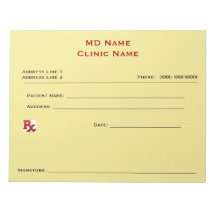
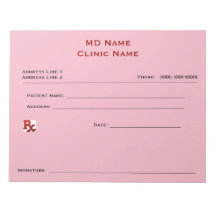
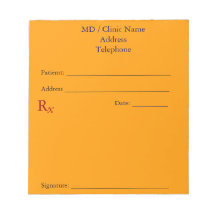
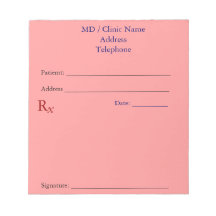
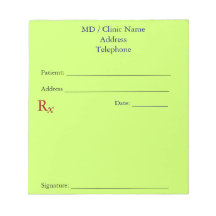
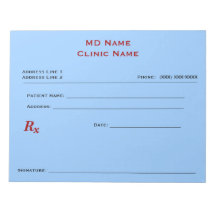
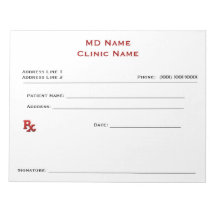
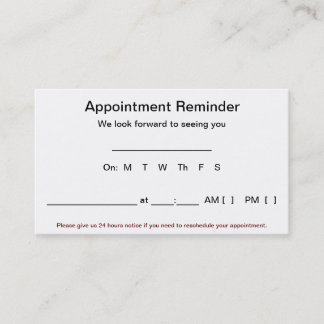
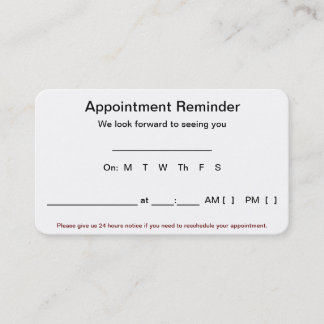
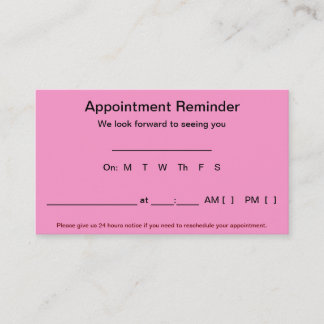
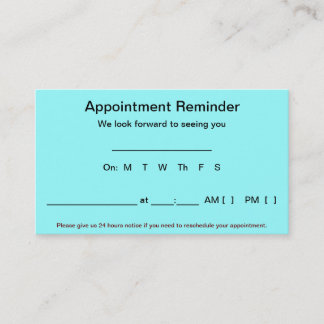
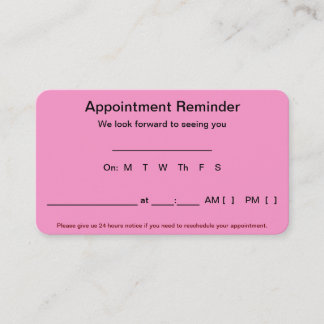
No comments:
Post a Comment